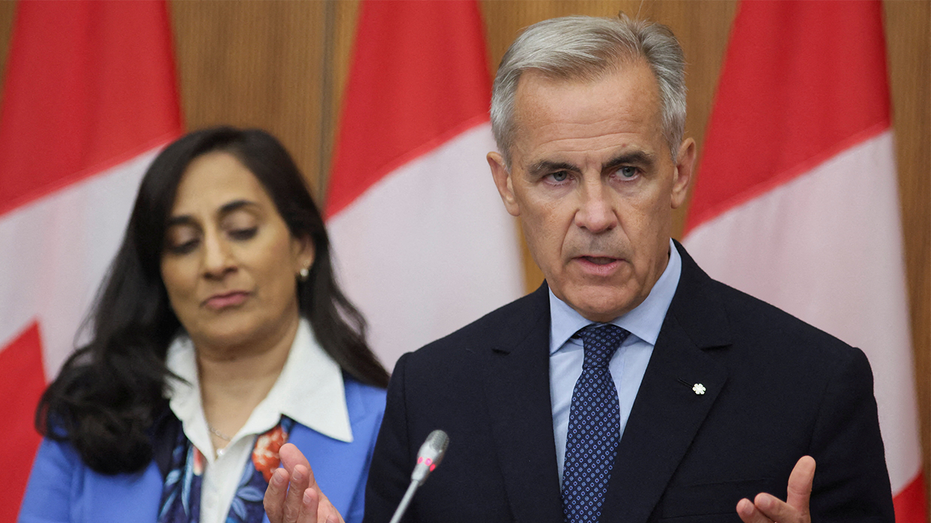Canada has declared its intention to officially recognize a Palestinian state in September, a significant diplomatic decision announced by Prime Minister Mark Carney. This move signals a notable shift in Canadian foreign policy, aiming to support global efforts towards a lasting resolution in the tumultuous Middle East region, particularly amid ongoing conflicts and complex political landscapes.
Prime Minister Carney articulated that this strategic recognition is fundamentally aimed at preserving the viability of a two-state solution. He emphasized the urgent need to counteract the deteriorating “facts on the ground,” including escalating deaths, illegal settlements, and expropriations, which threaten to render a peaceful resolution unattainable and further destabilize the area.
Unsurprisingly, Israel swiftly condemned Canada’s announcement, with its Foreign Ministry releasing a strong statement. Israel asserted that altering Canada’s position at this critical juncture would effectively “reward Hamas,” thereby undermining ongoing diplomatic endeavors to achieve a ceasefire in Gaza and secure the release of remaining hostages, intensifying regional tensions.
This Canadian policy shift follows similar declarations from key European allies, underscoring a growing international consensus on the urgency of the Palestinian statehood issue. France had previously indicated its intent to recognize a Palestinian state, with President Emmanuel Macron stating that such recognition would “revive a prospect of peace in the region,” signaling coordinated international pressure.
Moreover, Britain also recently announced that it would recognize a Palestinian state at the United Nations, contingent on the cessation of the Israel-Hamas war in Gaza. This conditional stance highlights the interconnectedness of diplomatic recognition with the immediate de-escalation of hostilities and the pursuit of a comprehensive peace framework.
In stark contrast to these European and Canadian positions, the White House has expressed firm opposition to the recognition of a Palestinian state. President Donald Trump reiterated his stance that such a measure would tantamount to “rewarding Hamas,” emphasizing his administration’s primary focus on humanitarian efforts, specifically ensuring aid delivery to the populace in Gaza.
Adding another layer to the international implications, President Trump took to social media to caution that Canada’s decision could severely complicate future trade negotiations between the two nations. This statement underscores the multifaceted impact of foreign policy decisions on bilateral economic relations, extending beyond immediate political and humanitarian concerns.
The Palestinian government has held non-member observer state status at the United Nations since 2012, a recognition granted by over three-quarters of the assembly’s 193 member states. This historical context highlights the long-standing international acknowledgment of Palestinian aspirations, even as full state recognition remains a complex and contentious issue on the global stage, continually shaping international diplomacy and the pursuit of Middle East peace.





Leave a Reply